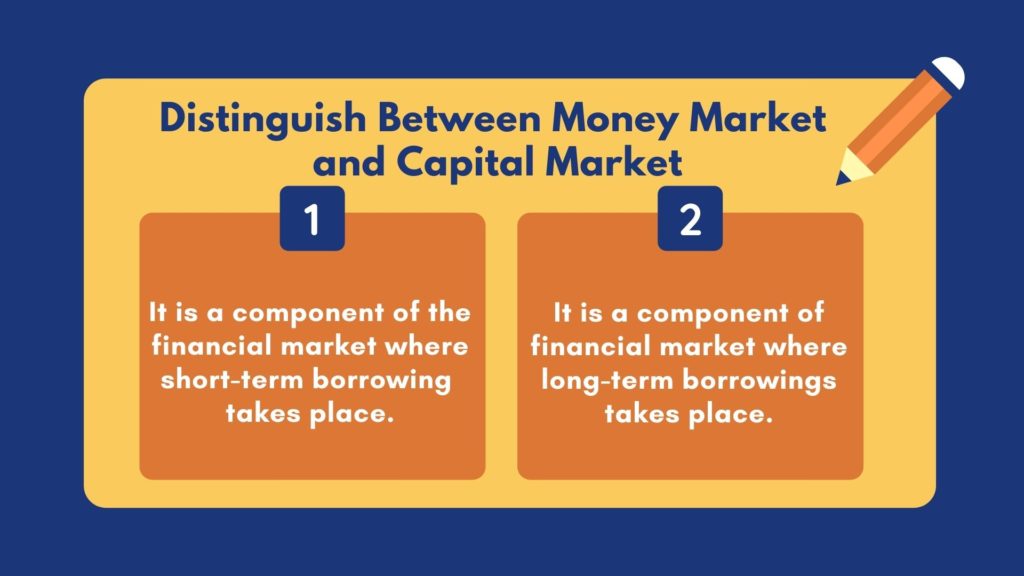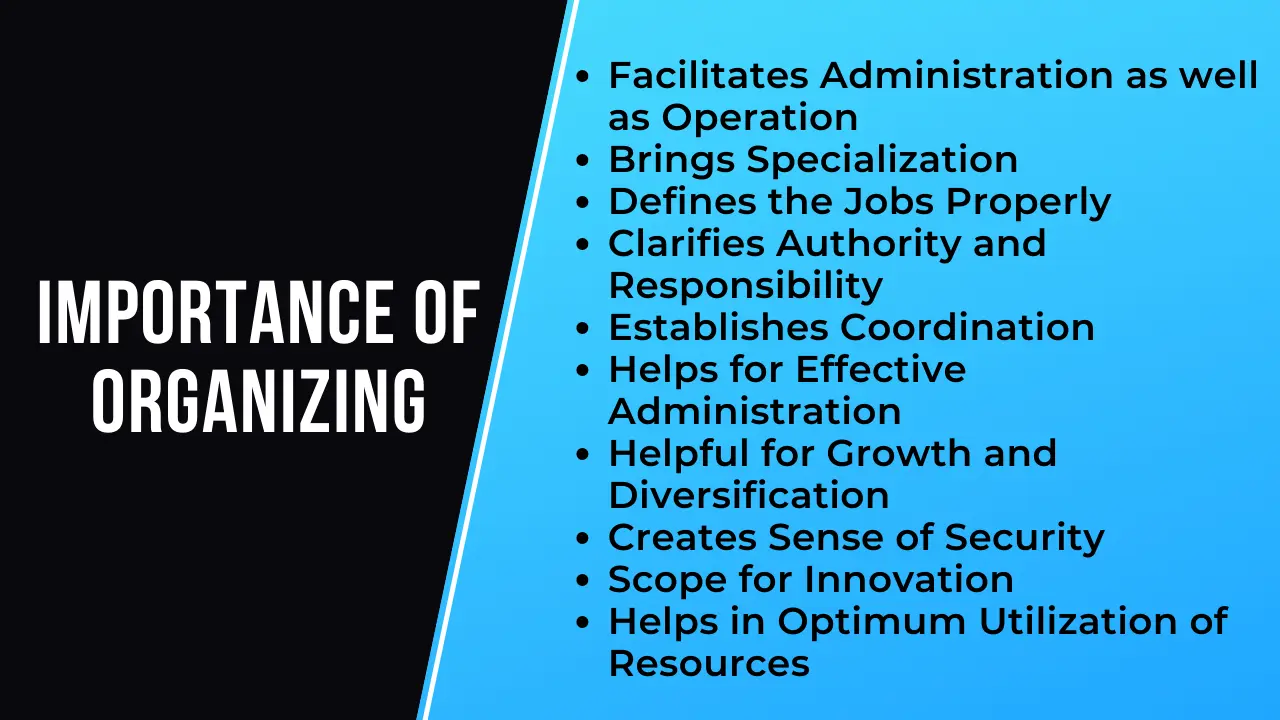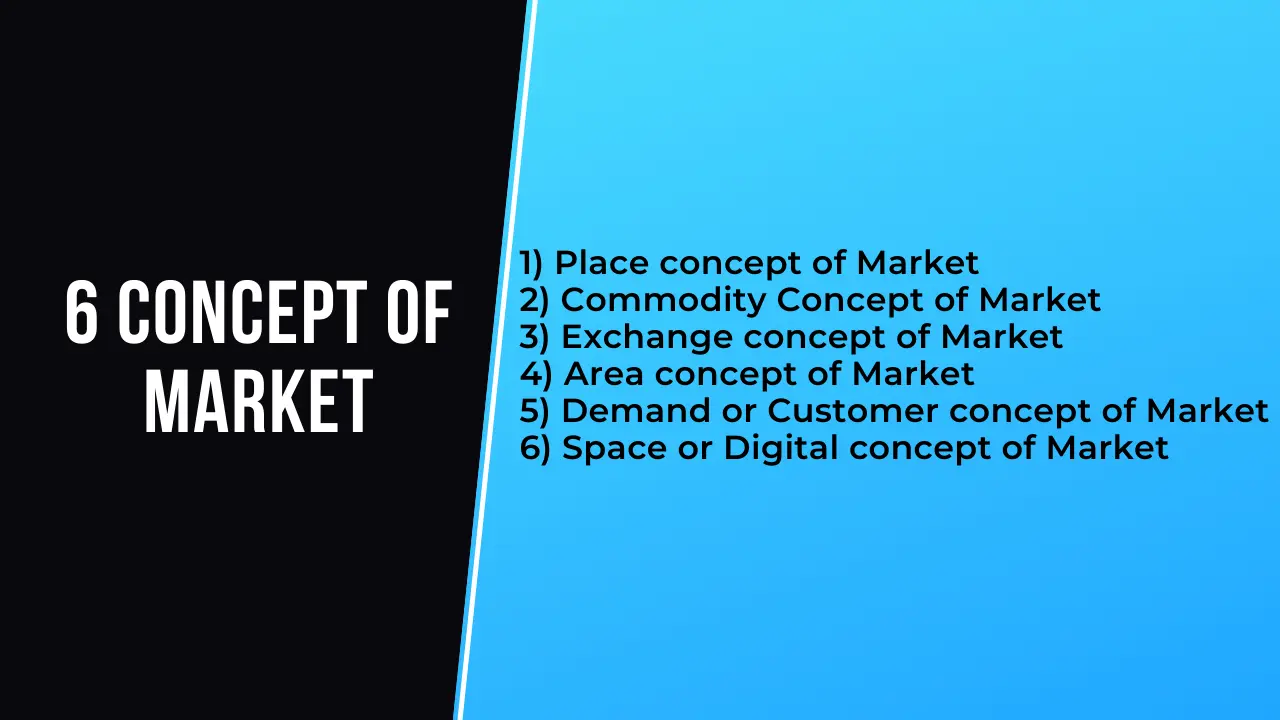Distinguish Between Money Market and Capital Market (8 Points) | Important Article
Table of Contents
Distinguish Between Money Market and Capital Market

Meaning of Money Market
The money market is a market for lending and borrowing of funds for the short term. It is a market wherein lending and borrowing of funds take place for a short period of time which varies from one day to a year. Also, the financial instruments traded in this market can be converted into cash easily without any loss of time and value.
An instrument like commercial paper, liquid and treasury bills etc. are traded in the money market.
Meaning of Capital Market
It is the market for borrowing and lending long-term capital required by business enterprises. The financial assets dealt with in the capital market have long or indefinite maturity period. The capital market is the core of a country’s financial system as it helps in the mobilization of resources.
- Difference Between Fixed Capital and Working Capital
- Difference Between Owned Capital and Borrowed Capital
- Difference Between Debenture and Share
- Difference Between Preference Shares and Equity Shares
Distinguish Between Money Market and Capital Market
| Points | Money Market | Capital Market |
| 1) Meaning | It is a component of the financial market where short-term borrowing takes place. | It is a component of financial market where long-term borrowings takes place. |
| 2) Time period | In money market, the instruments traded have maturity period of one year or less than one year. | In capital market, the instruments traded have maturity period of more than one year. |
| 3) Instruments | Certificate of deposits, Repurchase agreements, Commercial paper, Treasury bills, etc. are the instruments traded in the money market. | Stocks, Shares, Debentures, Bonds, Securities of the government are the instrument of capital market. |
| 4) Purpose of borrowing | Funds are borrowed to meet working capital requirements or for small investments. | Long term funds are required to establish new business, expand or diversify business or purchase of fixed assets. |
| 5) Institutions | Participants in the market are Central banks, Commercial banks, Acceptance houses, Non-bank financial institution, Bill brokers, etc. | Stock exchanges, Commercial banks and Non-bank institutions, financial intermediaries, etc. are the participants in the market. |
| 6) Risk | In the money market, risk factor is very less because maturity period of the instruments is less than one year. | In capital market, the risk is more as compared to in the money market. The reason behind this is the instruments have long maturity period. |
| 7) Return on Investment | Return on investment in money market is less as they are highly liquid and safe. | Return on investment in capital market is comparatively high as they are more risky. |
| 8) Role in Economy | This market increases liquidity of funds in the economy. | This market helps in mobilization of savings in the economy. |
- Difference between Dematerialisation and Rematerialisation
- Difference Between Final dividend and Interim Dividend
- Difference Between Dividend and Interest
- Difference Between Primary and Secondary Market
- Distinguish Between Money Market and Capital Market
Learn the chapters on TYBCOM from our YouTube channel.


